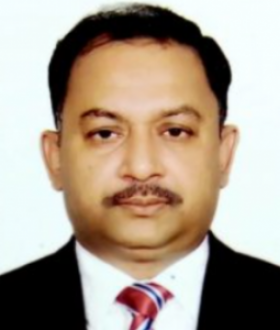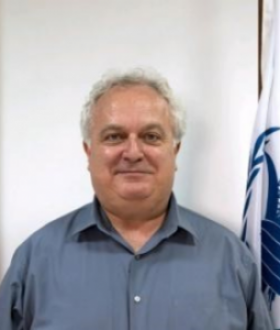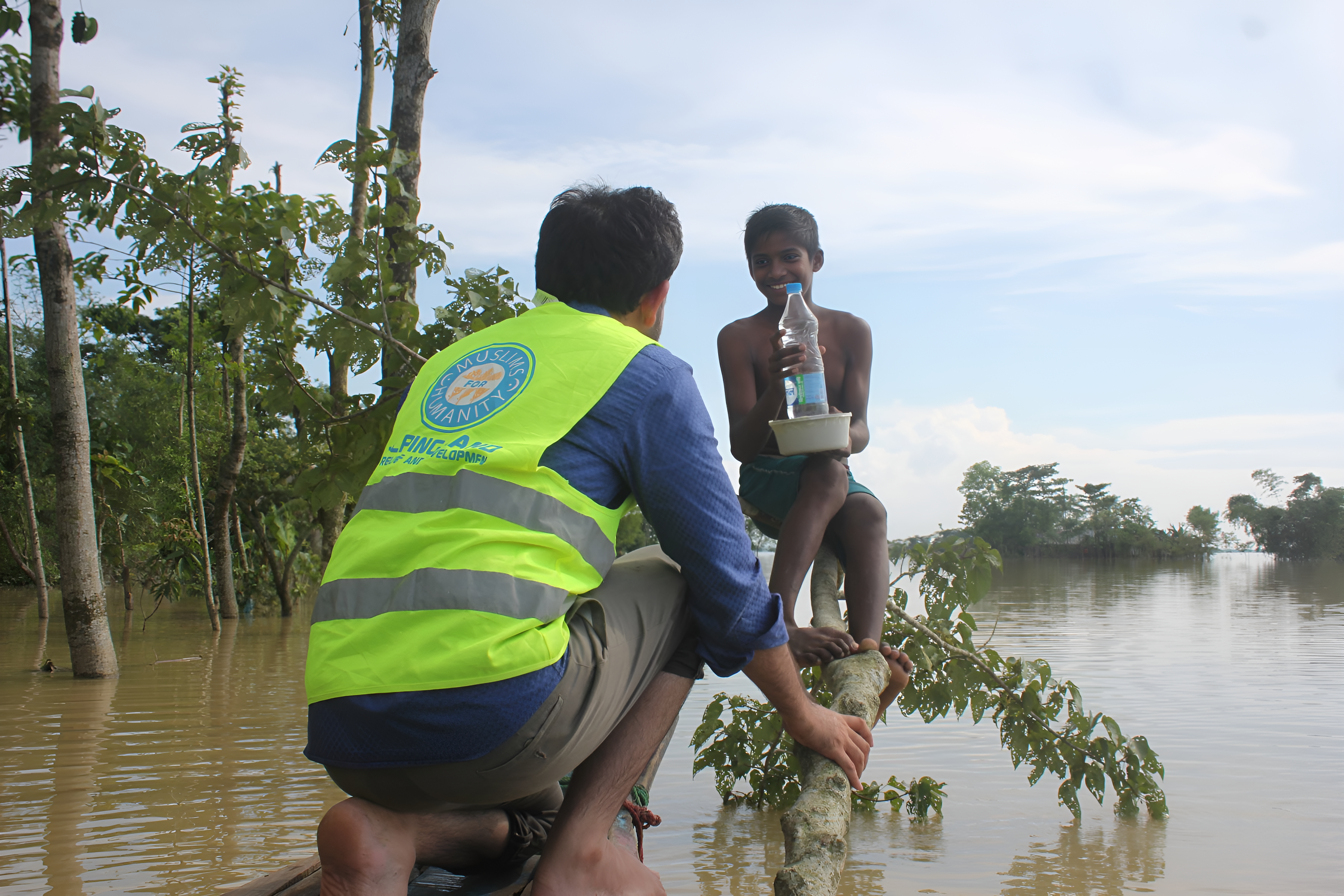LCG WG-DER
About Us
In September 2000, in response to the flood situation in the southwest of Bangladesh, the United Nations Resident Coordinator, in his capacity as Chair of the United Nations Disaster Management Team, with the aim to better coordinate the various humanitarian efforts, formed an emergency working group. This way the Disaster and Emergency Response (DER) was instituted to become a working group of Local Consultative Group. Throughout the following years, the DER has played important roles in complementing GoB’s efforts in responding to sudden-onset disasters as exemplified in the responses to Cyclones Sidr and Aila in 2007 and 2009 respectively.
Goal
Our Objective
The main objective of the Disaster and Emergency Relief/Response (DER) is to act as a platform for disaster management to review and facilitate GoB planning and implementation of disaster preparedness, risk reduction and response initiatives, enhance GoB ownership/leadership and its inclusive partnership and collaboration with development partners including civil society.

Md Kamrul Hasan ndc
Profile of the Chair
Md Kamrul Hasan ndc joined as the Secretary of Ministry of Disaster Management and Relief on January 30, 2022. Earlier he was the Divisional Commissioner of Chattogram.
He joined in Administration Cadre of Bangladesh Civil Service in 1993 and started his career as Assistant Commissioner in Chattogram Divisional Commissioner’s Office. Then he worked as Assistant Commissioner and Magistrate in Deputy Commissioner’s Office, Sylhet. He also served as the first PS to Divisional Commissioner after Sylhet being newly made as the administrative division. In addition, he served as the Assistant Commissioner (Land) in Moulvibazar Sadar and Balaganj Upazila. He also served as the Land Acquisition Officer and First Class Magistrate in Chattogram Collectorate.
Mr. Md Kamrul Hasan ndc served as the Upazila Nirbahi Officer of Pakundia, Lalmohon and Harirampur respectively. Apart from that, he worked as the Additional Deputy Commissioner of Magura. He also worked as the PS to State Minister of Religious Affairs.
More
Mr. Domenico Scalpelli
Profile of the Co-Chair
Dom Scalpelli, current WFP Representative, has over 31 years of experience in operational management, leadership and fundraising, in the context of international development, humanitarian aid, and peace & conflict.
Previously, he was WFP’s Food Systems Summit Coordinator. He has been WFP Resident Representative in Myanmar; alongside being Deputy Humanitarian Coordinator & Founding Chair of the UN Nutrition Network in Myanmar. He was the Director ai and Deputy Director of WFP Government Donor Relations, and WFP Resident Representative in Malawi. He was also the UNRC ai and FAO Representative ai for extended periods in Malawi. He also carried out duties in various roles in wartime and post-war Mozambique, in wartime Angola, in São Tomé e Príncipe, and WFP’s Operations Dept in Rome.
More
What We Do
Scope of Work
- Conduct periodical both technical and high-level policy consultation on disaster management based on the National Plan for Disaster Management 2021 – 2025 and the Standing Order on Disaster 2019;
- Map out and update as necessary the inventory of disaster management activities of GoB, UN agencies, donor agencies, 1/NGOs, and civil society organizations;
- Review on a periodical basis the Hyogo Framework for Action as an avenue for the alignment of activities (joint work/programme, analyses to enhance aid effectiveness, avoid duplication, encourage complementarity, and provide feedback to GoB, concerned agencies and the LCG main body);
- Consider the Cluster Approach as a standing coordination mechanism for preparedness, emergency response, and early recovery;
- Conduct periodical review with LCG’s other working groups (e.g., urban, local government, environment and climate change ) to ensure the Integration of key cross-cutting issues (ORR, environmental sustainability, gender-diversity-disability inclusiveness, etc.) and the disaster management interface;
- Produce regular feedback to the LCG Plenary and bi-annually on progress and constraints in the achievement of ‘development results framework’ in the field of disaster management.
- Support the disaster management knowledge management including information, communication, and dissemination of good practices among all stakeholders.
- Facilitate joint disaster management – related activities involving relevant stakeholders including but not limited to capacity building, field monitoring missions, joint needs assessment.
- Provide advice to Humanitarian Coordination Task Team (HCTT) as and when required.
